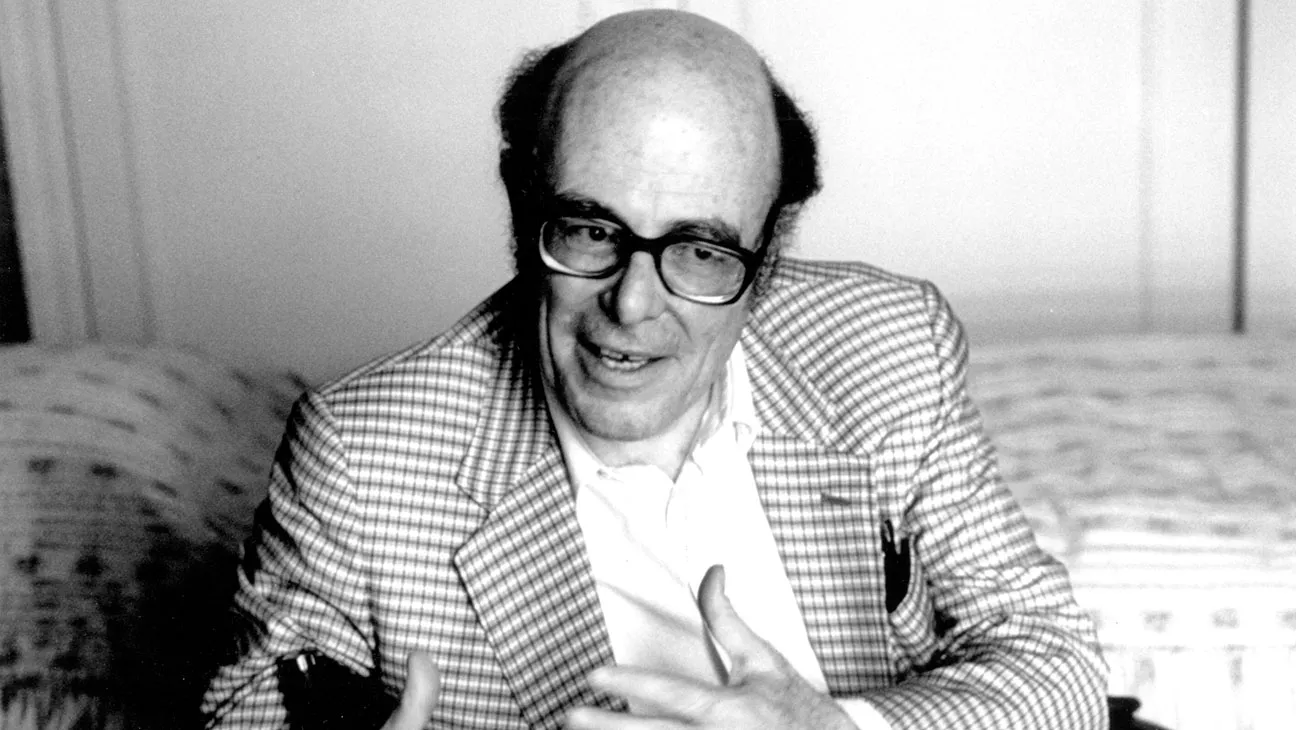Blog
Cannes Power Outage Marcel Ophuls, ‘Sorrow and the Pity’ Documentarian, Dies at 97City, Festival Continues

Cannes Power Outage Marcel Ophuls, ‘Sorrow and the Pity’ Documentarian, Dies at 97City, Festival Continues
Marcel Ophuls, the Oscar-winning, German-born French filmmaker whose powerfully eloquent documentaries confronted difficult political, moral and philosophical issues, has died. He was 97.
Ophuls “died peacefully” at his home in the south of France, his grandson Andreas-Benjamin Seyfert told The Hollywood Reporter.
Ophuls earned his Academy Award — as well as prizes from the Cannes and Berlin film festivals— for Hotel Terminus (1988), a 4-hour, 27-minute documentary that examined the life of the notorious Klaus Barbie, convicted in Bolivia of his Nazi war crimes in 1987.
Ophuls’ best known work, however, came almost two decades earlier with The Sorrow and the Pity (1969), which explored the reality of the Nazi occupation in the small industrial French city of Clermont-Ferrand.
Ophuls spent more than two years compiling the more than 60 hours of footage that was eventually boiled down to that 4-hour, 11-minute film, which delineated France’s compliance with Nazi Germany. (Some in the country supported Hitler and others joined the resistance, but most just went along for the ride.)
Sorrow and the Pity struck such a nerve in France that it was not shown in the country until 12 years after it was completed.
“Many people in France still think it gives a ‘message’ about how the French behaved,” Ophuls told The New York Times in 2000. “This would be pompous, stupid and prosecutorial — to make a statement about a country that has been defeated and had to live under these conditions for four years.
“I did not set this up to set up France for being collaborators. In times of great crisis, we make decisions of life and death. It’s a lot to ask people to become heroes. You shouldn’t expect it of yourself and others.”
Pauline Kael in The New Yorker called Sorrow and the Pity “one of the most demanding films ever made.” In Life magazine, Richard Schickel declared it “a great human document.”
The Sorrow and the Pity also has a prominent place in Woody Allen’s Annie Hall: It’s the film that Allen’s Alvy Singer drags his reluctant girlfriend (Diane Keaton) to see in a theater (Marshall McLuhan is there, too), and at the end of the movie, she drags her new boyfriend to see it.
Ophuls also was behind other influential documentaries like A Sense of Loss (1972), centering on the Protestant-Catholic conflict in Belfast; The Memory of Justice (1976), which focused on the Nuremberg trials and the Vietnam War in its 4 1/2 hours; and Veillees d’armes (1994), about journalists under siege in Sarejevo.
Born on Nov. 1, 1927, in Frankfurt, Germany, Ophuls and his family fled their home in 1933, then escaped from Paris in 1940 when the Nazis invaded that city. They finally settled in Los Angeles in 1941.
While attending Hollywood High School, Ophuls had a small part as a Hitler Youth member in the U.S. Army-commissioned Prelude to War (1942), directed by Frank Capra. He then attended Occidental College and UC Berkeley sandwiched around a stint with the U.S. Army’s theatrical unit.
Fluent in French as well as German, Ophuls broke into film as an assistant to leading directors like John Huston and Anatole Litvak. He assisted on Huston’s Moulin Rouge (1952) and helped out his father on Lola Montes (1955) after the family returned to live in France.
While working at a German TV station in Baden-Baden, Ophuls made a short film about painter Henri Matisse. At his father’s funeral in 1957, he was introduced to Francois Truffaut, and the French legend hired him to write and direct one of the five segments in Love at Twenty (1962).
Through Truffaut, Ophuls met French stars Jean-Paul Belmondo and Jeanne Moreau, and they played the leads in his first feature, the comedy Banana Peel (1963).
He followed by co-writing and directing Fire at Will (1965), an international thriller about a gang of female spies that starred American expatriate Eddie Constantine as an FBI agent.
Ophuls’ first foray into documentary features was Munich or Peace in Our Time (1967), also done for German television.
For Hotel Terminus, Ophuls employed more than 120 hours of discussions with former Nazis, American intelligence officers, South American government officials and victims of Nazi atrocities and witnesses to make his film about the infamous “Butcher of Lyon.”\
Later, Ophuls worked for CBS News and for the ABC newsmagazine 20/20 and taught at Princeton University. In 1995, he received a career achievement award from the International Documentary Association.
Mike Barnes contributed to this report.
